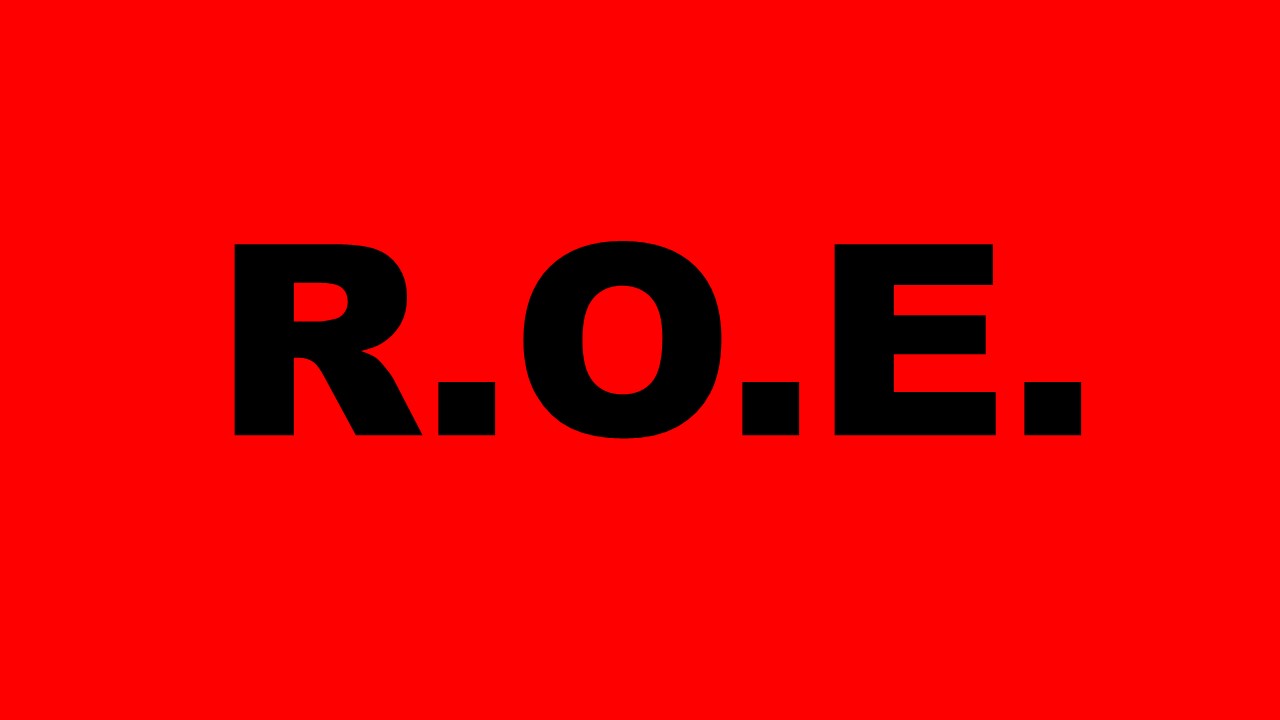In our previous blog, we talked about the importance of return on energy and how proactively assessing ROE can help us be more intentional with our time. But we must do more than simply assess ROE — we also must take action to remove or shift things that don’t show a return.
Acting on ROE Means Having Hard Conversations
As you prioritize your own energy, you might need to have a difficult conversation with someone who doesn’t care about low ROE and still wants your engagement. This becomes a teachable moment with an opportunity to shift those conversations into something more productive. It’s a good time to talk about desired outcomes, and how best to achieve them. If you can’t shift the conversation in that direction, it may be time to eliminate it altogether.
Acting on ROE Means Pruning What is Good
You may find that everything you do has some level of ROE. Does that mean you have to keep doing all of it? Not if you don’t have enough energy/time or if you want to free yourself for better options that present themselves. As Kevin Harney discusses in his powerful book No is a Beautiful Word, every yes is a no to something else.
Most holding companies have thresholds of return for their strategic business units. You might need to establish the minimum return for you to engage in a specific activity. Otherwise, precious energy can be sucked up that could be better allocated to a higher ROE activity. At this stage in my life, I want to be sure I am focused on those activities with significant outcomes — life is too short to waste.
Right now, I have a few items that seem to have a decreasing ROE. The amount of energy they take is started to surpass the value, so a critical choice remains:
- Is there a way to shift the activity to increase the return for myself and/or others?
- Is there a better use of this time and energy currently? Or should I go ahead and exit then wait for something else to present itself (like holding cash and waiting to invest)?
Returns Are Not Just Personal Gains
While we can and should look at ROE from the perspective of what we gain, it is equally important to assess the outcomes for others. One might consider if the time and energy accomplish any of the following things:
- Moving someone else’s project forward?
- Developing or encouraging another person?
- Making a positive difference in someone’s life (especially one that others might not be able to make in the same way)
- Improving or contributing value to the team or business or helping a customer?
- Furthering the Kingdom agenda?
Sometimes a high ROE is a sacrifice with no direct personal gain, and that can be the most important thing you can do. In fact, that defines unconditional love.
Challenge: Identify three conversations, activities, and/or meetings over the next two weeks with the lowest ROE (for which you expect some return) and eliminate these from your schedule.
Once you begin to remove some of those low ROE activities from your schedule, you’ll likely see new possibilities open up for you that present greater returns for yourself or for others. Really taking the time to assess ROE and take action on it has been powerful in my life lately, and I hope it is the same for you.





 Britta burrus design.
Britta burrus design.